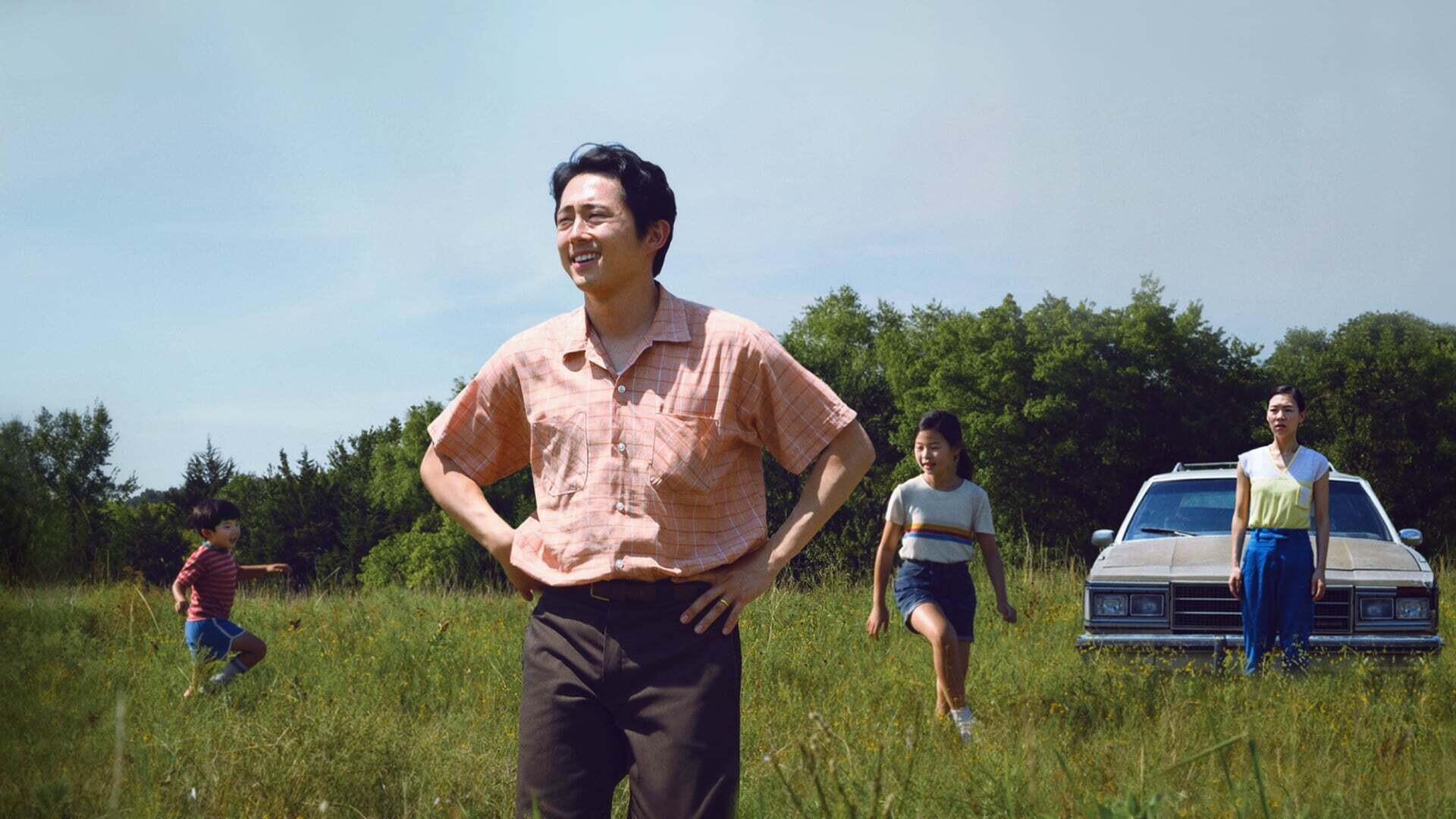Lee Isaac Chun’s autobiographical film about the hardships of life for Korean expatriates in the United States.
In memories associated with childhood, more often not some vivid episodes emerge, but simple everyday scenes. A trip to the dacha with parents, sleep until noon in the summer, dinner together. For example, I distinctly remember watching Spirited Away with my mother at the age of six. Then I got scared of what was happening on the screen and did not finish my smoked chicken. Small details, oddly enough, are imprinted in memory, and some big events remain forever in the past.
“Minari” is one big memory of Lee Isaac Chung, the film’s director, of his childhood. About hardworking parents, about a cheerful and energetic grandmother, about a caring older sister. This is his dedication to the endless sunny fields of Arizona and the little trailer where he moved with his family from California. The word “everyday” perhaps best describes the essence of the film.
Autobiographical dramas are, of course, not uncommon in world cinema. I immediately recall Andrei Tarkovsky’s Mirror, Alfonso Cuaron’s Roma and, for example, Fanny and Alexander by Ingmar Bergman. But unlike them, “Minari” does not try to be a portrait of an entire era – on the contrary, it is an extremely small and chamber film.
The story begins with the move of a family of Korean expatriates to Arizona. Jacob, the head of the family, bought a large plot here where he plans to grow Korean fruits and vegetables for sale. His wife Monica is very unhappy with this risky decision: the new house is located far from any settlements and hospitals, and their little son has a heart defect. But gradually they settle down in this place, and soon they are joined by a grandmother who flew in from South Korea.
It’s pretty easy to predict what will happen next if you watch family dramas a lot. In this, Minari is more like American indie films than modern Korean films. Do not expect anything unusual or unexpected from the plot – this is not “Burning” and certainly not “Parasites”. Lee Isaac Chun acts differently: he focuses on simple human feelings and emotions.
Minari has few characters and locations – most of the film takes place on the farm of the protagonists. The director seems to be drawing the invisible boundaries of this small world, where there is no place for outsiders. A family of farmers builds their own happiness on a foreign land and tries to adapt to all the rules of their new home.
Contrary to the genre, there are much more bright and positive scenes here than you might expect. This is due to the entire cast, but especially to Alan Kim, who played the son of the family, and Yoon Yeo-Jong, who played the grandmother. The episodes with their participation are perhaps the best in the film: thanks to their chemistry, the story is much more memorable.
Steven Yang also stands out, who successfully entered the image of the stubborn father of the family. Leaving The Walking Dead only benefited his career: he played an interesting and controversial person with character. Ian ties all the elements of the film together, and without him the film simply would not have worked – he was given a well-deserved Oscar nomination.
What we liked
A kind and sensual story that will be close to many viewers.
Beautiful visuals with excellent camera work.
The film says quite bold things about the essence of the American way of life and immigrants, without offending anyone or plunging into politics - and therefore it is considered a breakthrough.
Outstanding Acting Performance - Yoon Yeo-Jung definitely deserves an Oscar for Best Supporting Actress.
A leisurely pace of storytelling that allows you to really feel the mood of the film.What did not like
It was as if the director didn’t have enough twenty minutes to make "Minari" seem complete. Act 3 was too hasty.
If you're looking for gripping drama, this movie may not be for you. It is surprisingly calm and conflict-free. This is not a minus, but a warning.